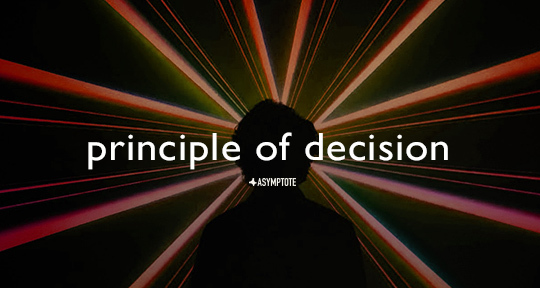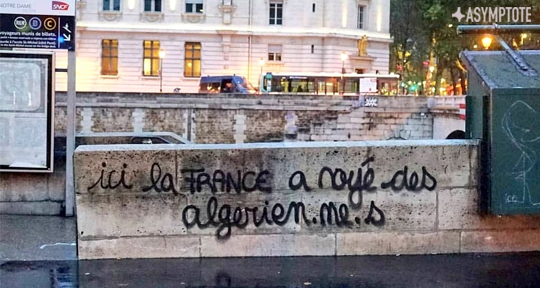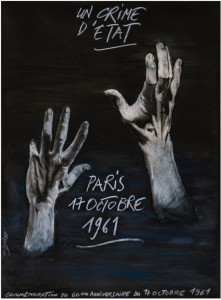This edition of Principle of Decision—our column that highlights the decision-making processes of translators by asking several contributors to offer their own versions of the same passage—provides a look at how translators render the subtleties of a poem with multiple layers of meaning in a new language. This round, Asymptote contributor Wambua Muindi leads our Swahili edition of the column.
Ken Walibora’s Kufa Kuzikana was originally published in 2003 and just clocked two decades since publication. For this edition of Principle of Decision, I chose the first two paragraphs of Walibora’s novel partly to celebrate it but also to appreciate the story it follows in the context of what occupied the first half of 2023 in Kenya—the cycle of anti-government and cost-of-living protests, the ensuing police brutality, and the ethnic targeting and profiling.
I also found these paragraphs appropriate here given that introductions are always novel and always set the tone for a story. In this case not only do the two paragraphs borrow the geography of Kiwachema, the fictional country the novel is set in, they also illustrate the constant movement and consequent contact that is the backdrop against which Walibora animates post-colonial Kenya. The friendship between Akida and Tim—the novel’s main characters—becomes a fable for the nation and demonstrates the exclusionary logic of national politics despite the promise of nation-building.
I wanted to see what different translators’ English renditions of the novel’s opening lines would sound and feel like. Of particular interest was the auditory and visual imagery that gather as you read the Swahili version, and the way these sentences introduce the tone of the narration. How does a translator transfer the same to the English version? This is also a question many of the translators asked themselves. Phrases like ‘dhahiri shahiri’ and ‘miinamo ya vilima’ which embody the particularity of Swahili sounds, posed an interesting challenge. The particularity with which the translators supply the tonality of Swahili is fascinating. Take for instance the last word: It is translated differently by each of the translators below, showing the different interpretations given and techniques employed in English translation.
—Wambua Muindi



